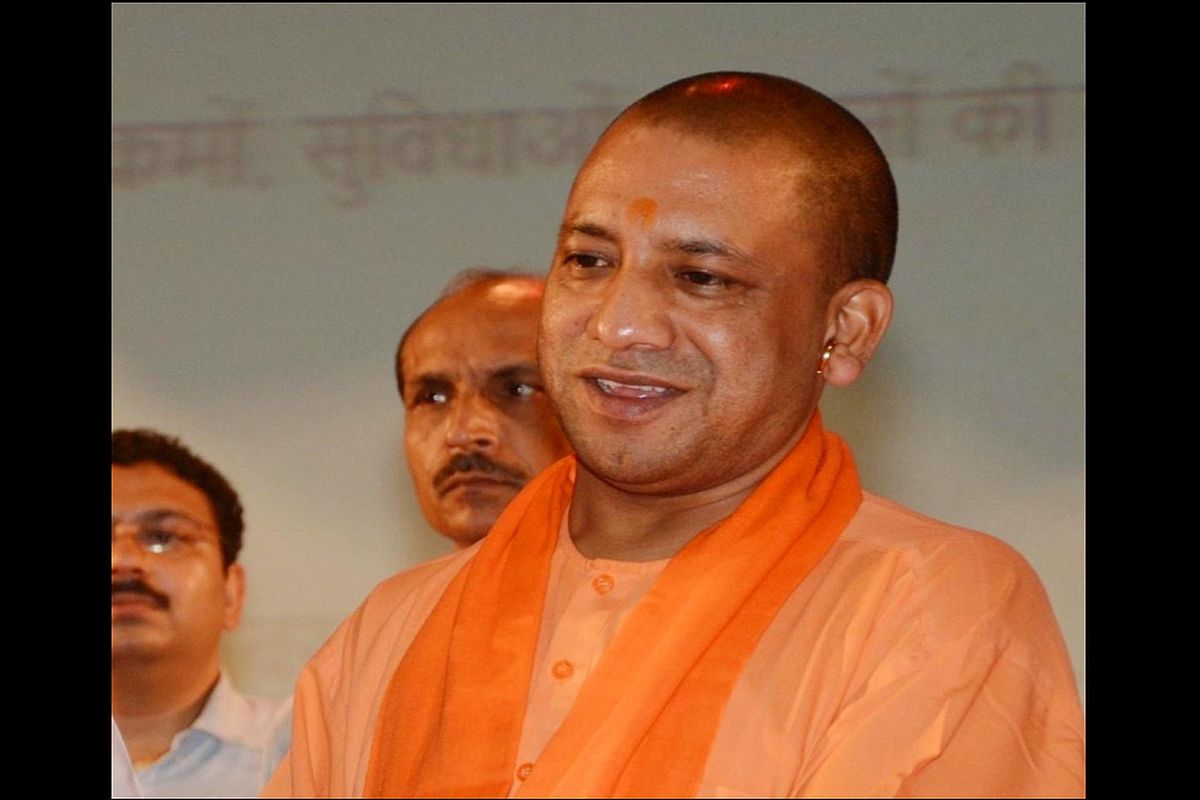The detoxification of history has been accorded a quirky spin by UP’s Chief Minister, Yogi Adityanath. Quite obviously on instructions from the ascetic from Gorakhpur, the name of the museum close to Taj Mahal is set to be changed in the manner that is concordant with the Hindutva ideology, which in a sense is personified by Adityanath.
It thus comes about that the “Mughal Museum”, being constructed near Taj Mahal, will be renamed as “Chhatrapati Shivaji Maharaj Museum”.
Without any empirical evidence to justify the change of name, the authorities are said to have initiated a desperate effort to establish a link between Shivaji and Agra. More basically, the controversy is embedded in the conflict between what was once known as Hindu Padpadshsahi and the rule of Shah Jehan the Mughal.
The name-change is bound to fly in the face of historical data despite the Chief Minister’s feeble defence. Announcing the name-change, he is reported to have said that “in the new Uttar Pradesh there is no place for symbols of the mindset of slavery”.
The discipline of history lends no scope for subjective reflection. The raging controversy is also likely to delay the project, that has already been severely impeded by dearth of funds and increasing costs.
It bears recall that the plan to set up a Mughal Museum was initiated by former Chief Minister Akhilesh Yadav in January 2016. Situated 1.5 km from the east gate of Taj Mahal, it was intended to showcase cultural artefacts and paintings of the Mughal era as well as cuisine. Barely 70 per cent of the Rs 141-crore project has thus far been completed. Costs have consistently ballooned as all concrete material for the project had to be transported from Noida.
Construction of such material is barred in the Taj Trapezium Zone. The additional funds sought are yet to be sanctioned by the finance department in Lucknow. The name-change ~ from the Mughals to Shivaji ~ has intensified the uncertainty. The official effort to draw a parallel between Shivaji and Agra is contrived ~ “Shivaji was kept in captivity at Agra Fort during the rule of Aurangzeb, and he bravely escaped.”
Historians from Bhimrao Ambedkar University in Agra are expected to justify the move. Far from it. A historian of Ambedkar University has already sounded a discordant note ~ “After Shivaji lost all his forts, he was called here by Aurangzeb and lodged at Ram Singh Kothi.
However, so far neither the Archaeological Survey of India, still less the country’s front-ranking historians, are certain where Ram Singh Kothi is situated. The brigade in Lucknow ought to realise that a change of name cannot alter the facts of history.











